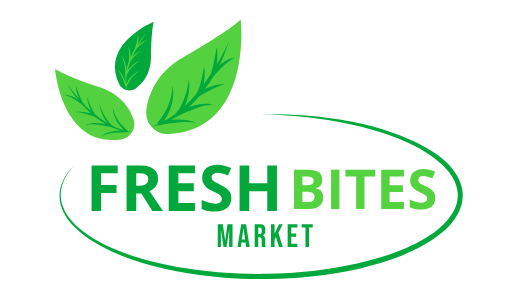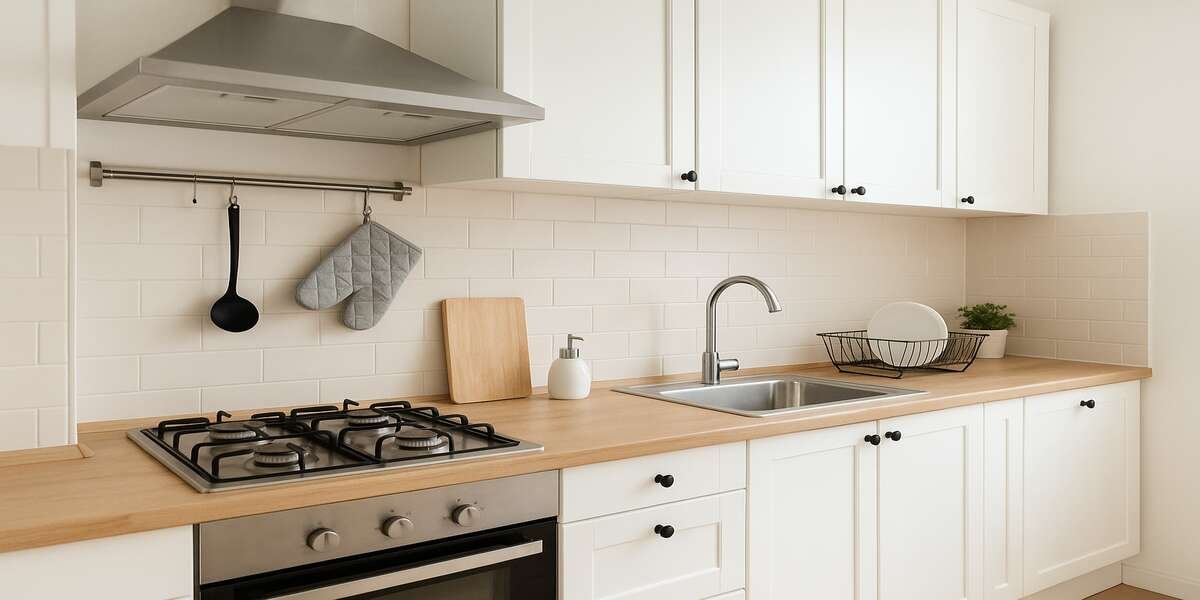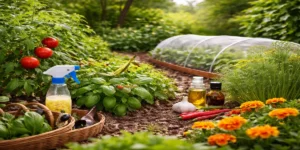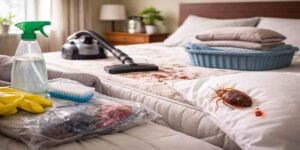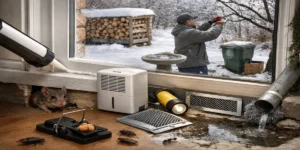Kitchen Hygiene Habits for a Clean Safe Kitchen
Kitchens are more than just a place to cook – it is the home heart space where families eat, gather, and create unforgettable moments. From kids getting in on cookies to mums whipping up delectable meals, this is a room that bustles with action. But with frequent use comes the nasty problem of keeping it clean and germ-free.
A day filled with daily simmering, sautéing, frying, and baking tends to leave counters, stovetops, cabinets and just about everything else bothered by grease accumulation, not to mention all dirty dishes piled up instead of multiplying mess. end of lease cleaning tips authors advise that the cleanliness of the kitchen is vital for health and safety. Here are ten simple tips to keep your kitchen clean and safe.
1. Clean the Cooking Area diligently Daily
Your kitchen is littered with oil splatters and char on the stovetop, range hood, and backsplashes. Remove grates and burner caps and clean them properly, soak range hood filters in hot soapy water, and clean backsplashes with a solution of vinegar water to complete shine.
2. Wash Hands Before Preparing
The germs are easily spread through contact. Wash hands with soap for at least 20 seconds, with consideration paid to the knuckles, under the nails and the wrists. When cooking up your hands, do not touch your face.
3. Clean Surfaces after Cooking
The most important thing is cooking. Live with the clean as you go rule. Wash the countertops and cooking appliances, as well as the tables and refrigerator doors, after meals. Never neglect the areas of high contact, like cabinet handles, faucets and knobs, do not sanitise.
4. Dispose Properly of Waste
Segregate dry and wet waste, compost organics, and wash out the garbage bin every week to avoid bad odour and infestation of pests. Biodegradable bags should always be used for bags that contain oily or wet waste.
5. Prevent Cross-Contamination
Raw meat and vegetables should be separated. Use separate cutting boards and wash them in soap, baking soda, or lemon with every use. Never store raw and cooked foods in the fridge.
6. Clog-free Sinks and Drains
Food remnants and dirty plates, and bowls can block drains and cause bacteria. Wash your sink with dish detergent and rinse the sink with a baking soda and vinegar mixture weekly. For tackling bathroom buildup, check out the Greatest shower cleaner for soap scum, mould, and mildew to keep tiles and surfaces spotless.
7. Clean the Fridge once a week
It may lead to spills and stains that affect the quality of food. Clean the interiors of the fridge with vinegar, wipe the gaskets of the door with warm soapy water and every 6 months, clean the condenser coils by vacuuming.
8. Degrease Oven and BBQ
Baking soda is useful in cleaning the grease in ovens and griller-BBQ. Using a wet brush, sprinkle in the greasy bodies and scrub, rinsing out with soapy water.
9. Cleanse Sponges and Cloths
Unless cleaned, sponges harbour germs. After being subjected to lemon water or vinegar solution or being placed through a cycle in a dishwasher on a drying setting, they are disinfected.
10. Clean Floors and Tiles
Vinegar and baking soda paste will help you clean the tiles and floors. Then you can do mopping and vacuuming of floors as they are properly cleaned.
Wrapping Up
It’s not just about having lovely-looking kitchen environments–it’s about health and safety. bond cleaning gives these 10 essential tips to keep contamination under control, as well as pests and ultimately have a clean, inviting space for your family to enjoy.
